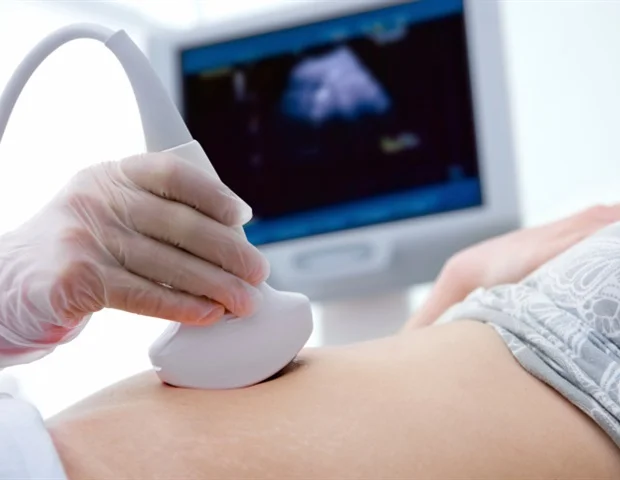You’ve had your six week check with your GP/OB/Midwife and they have given you the all clear to return to exercise! Thank god! You can finally start to think about yourself again. The reality is, that you may have spoken about family planning, had a pap test performed and checked that your stitches have healed after everyone’s made sure that your baby is ok– done! Good to go!
So why would you see a Women’s Health Physio if the doc already gave you the all clear?
Women’s health physio’s perform a very in depth assessment of the structure and function of the pelvic floor, abdominal wall and your general post natal body. It is important (regardless if you’ve had a caesarean or vaginal delivery), with or without any complications and EVEN if you’re feeling totally fine! You’re thinking “Hang on, I don’t get it – even if I feel totally ok? I don’t feel like I have any weird symptoms??” In fact, despite being asymptomatic you may have issues that you aren’t aware of, and unless you get assessed you won’t know until perhaps, when it’s too late.
On the flip side, we see women who are over concerned with their post natal body who really don’t need to be. It’s about being informed mamma’s, understanding your risk and how to manage YOUR post-natal body – because we are all unique!
So what is usually involved?
Abdominal wall assessment:
We’re looking at both the width and depth of the linea alba (line down the middle between the two six pack muscles, the “separation”) and the ability to transfer load across the abdominal wall. To put it simply, what happens to the abdominal wall when you use it? We use real-time ultrasound to assess this. We want to know if your deepest layer (transversus abdominus/TA/core) functions well to support the abdominal wall and linea alba in conjunction with the other abdominal muscles. We’ll be able to tell you what ab work you should/shouldn’t perform and give you some rehab exercises to improve both the aesthetics and function should you need it.
PELVIC FLOOR EXAMINATION:
Whilst we can look at the pelvic floor under ultrasound, we can get much more information by performing an internal pelvic floor examination. There are three main things we’re assessing when we perform an internal pelvic floor examination:
1) How open and stretchy the pelvic floor can become - this gives us an idea of how well the muscles support the pelvic organs (bladder, uterus, rectum)
2) Assess for any pelvic organ prolapse (yes, even if you’ve had a caesar)
3) Strength / endurance / coordination and function of the pelvic floor muscles (we’re thinking continence, prolapse, pelvic pain and sexual intercourse)
MUSCULOSKELETAL ASSESSMENT
Putting it all together requires a general musculoskeletal assessment where we look at the rest of your body. From here we get a really good understanding of the type of exercises you should do, and the one’s that, perhaps, we need to modify depending on what you want to do with your body, and in what time frame. We’re in the business of getting people to exercise and that’s exactly what we want to get you doing.. SAFELY!
Your post natal body is different to your before baby, and pregnant body. The best thing you can do is to understand it, be informed and empowered to get out there worry free!
Eliza Bernardi
The Physiotherapy Clinic, Bondi Junction.
Email Eliza to book your appointment.

